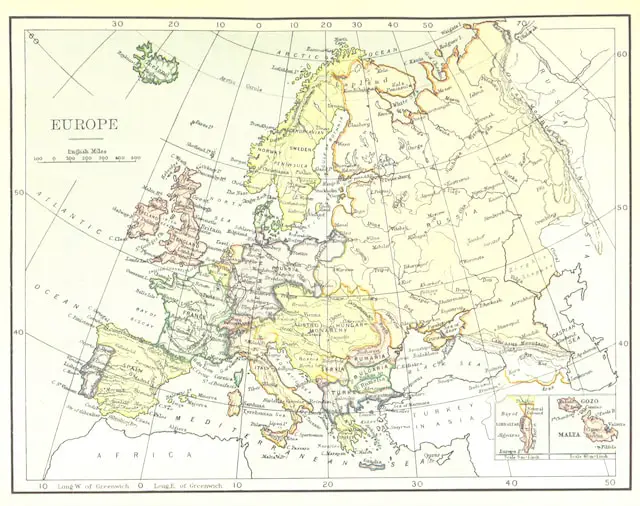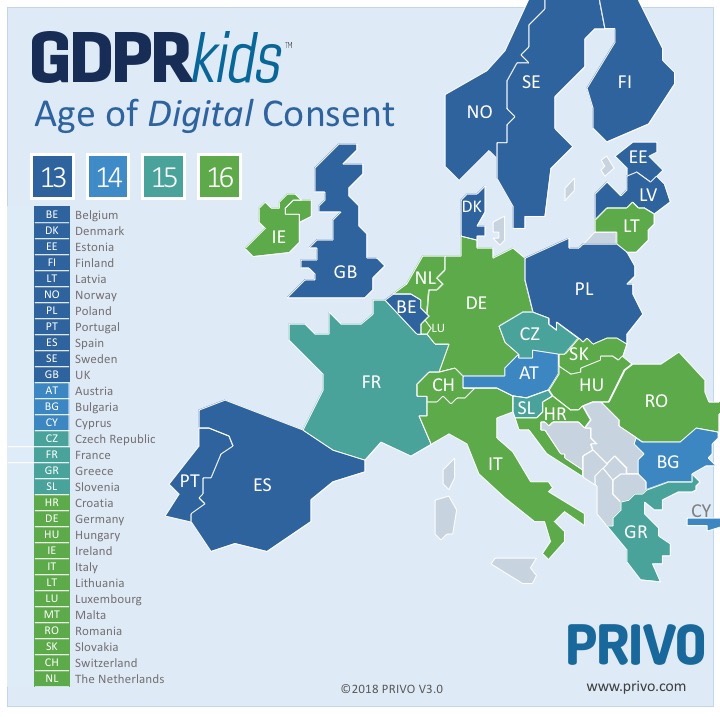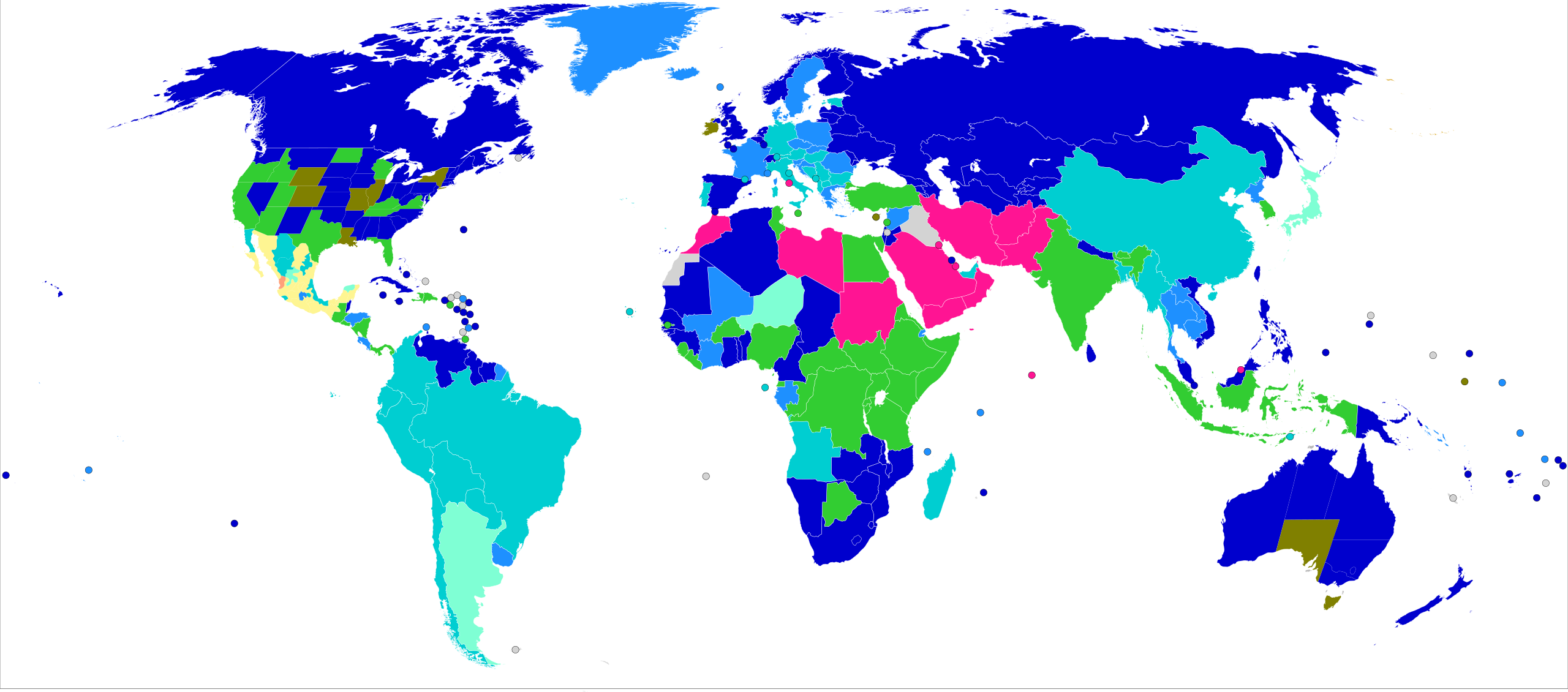Ever wondered about the age of consent in Russia? It's a topic that sparks curiosity and raises important questions about legal frameworks and cultural norms. If you're looking for answers, you've come to the right place. Let's break it down, piece by piece, and make sure you leave here with a clear understanding of what's going on.
The age of consent in Russia is more than just a number—it's a reflection of the country's legal system, societal values, and international standards. As we dive into this topic, you'll discover how the law works, why it matters, and how it compares to other countries around the world. So, buckle up, because this is going to be an eye-opening journey!
Now, before we get into the nitty-gritty details, let's set the stage. Understanding the age of consent isn't just about knowing the legal age—it's about grasping the broader implications of such laws. From protecting minors to addressing complex social issues, there's a lot to unpack. Let's go!
Read also:Grill It Up Your Ultimate Bbq Chicken Promo Code Adventure
Understanding the Age of Consent in Russia
First things first, what exactly is the age of consent in Russia? The legal age of consent in Russia is set at 16 years old. This means that individuals aged 16 and above are considered legally capable of consenting to sexual activities. But hold up—there's more to it than just the number.
This law is rooted in Russia's Penal Code, specifically Article 134, which outlines the legal framework for sexual activities involving minors. The law is designed to protect young people from exploitation and abuse, ensuring that they are old enough to make informed decisions about their own bodies.
Why Does the Age of Consent Matter?
Alright, so why does the age of consent even matter? Well, it's all about safeguarding the rights and well-being of young people. The age of consent serves as a legal boundary to prevent older individuals from taking advantage of minors who may not fully understand the implications of their actions.
- It helps protect minors from exploitation.
- It establishes a clear legal standard for consent.
- It reflects societal norms and values.
But here's the thing—laws can vary significantly from one country to another. What works in one place might not work in another, and that's where things get interesting.
Legal Framework in Russia: A Closer Look
Russia's legal framework surrounding the age of consent is enshrined in its Penal Code. Article 134 specifically addresses sexual acts with minors under the age of 16, making it a criminal offense. The law is strict, and penalties for violating it can be severe.
Here's a quick rundown of the key points:
Read also:Honda Of Tomball Your Ultimate Guide To Exceptional Service And Deals
- Sexual acts with minors under 16 are illegal.
- Penalties include fines, imprisonment, or both.
- The law applies to both Russian citizens and foreigners within the country.
It's worth noting that the law also considers the age difference between the individuals involved. In cases where the age gap is significant, the penalties are often harsher. This is to ensure that young people are not exploited by older individuals who may hold positions of power or authority over them.
How Does Russia's Law Compare Internationally?
When it comes to the age of consent, Russia is in good company. Many countries around the world, including the United States, Canada, and much of Europe, also set the age of consent at 16. However, there are variations depending on the region.
For instance, some countries like Spain and Germany have a slightly lower age of consent, while others, such as Nigeria and Indonesia, have higher thresholds. The differences reflect cultural, social, and legal norms unique to each country.
Cultural Perspectives on the Age of Consent
Now, let's talk about the cultural side of things. In Russia, as in many other countries, the age of consent is a sensitive topic that touches on issues of morality, tradition, and modernity. While the law is clear, societal attitudes can vary widely.
Some Russians view the age of consent as a necessary measure to protect young people, while others argue that it's too rigid and fails to account for individual maturity levels. These differing perspectives highlight the complexities of balancing legal standards with cultural norms.
Tradition vs. Modernity
One of the biggest debates surrounding the age of consent in Russia is the tension between tradition and modernity. Older generations may view the law through the lens of traditional values, emphasizing the importance of family and community. On the other hand, younger generations often prioritize personal freedom and autonomy.
This clash of perspectives underscores the need for ongoing dialogue and education. By fostering open discussions about the age of consent, Russia can work towards creating a legal framework that aligns with both its cultural heritage and modern realities.
Challenges and Controversies
No discussion about the age of consent would be complete without addressing the challenges and controversies that surround it. In Russia, as in many other countries, there are debates about whether the current laws are effective in protecting young people.
Some critics argue that the law is too focused on punishment rather than prevention. They advocate for more comprehensive sex education programs that empower young people to make informed decisions about their own bodies. Others believe that the law should be more flexible, allowing for exceptions in certain cases.
The Role of Education
Sex education plays a crucial role in shaping attitudes towards the age of consent. In Russia, sex education is often limited, leaving many young people without the knowledge they need to navigate these complex issues. By investing in comprehensive sex education programs, Russia can help reduce the incidence of sexual exploitation and abuse.
Here's what effective sex education looks like:
- Providing accurate information about consent and healthy relationships.
- Encouraging open discussions about sex and sexuality.
- Teaching young people how to recognize and report abuse.
By prioritizing education, Russia can empower its young people to make informed choices and create a safer, more supportive environment for everyone.
International Perspectives and Cooperation
Russia is not alone in grappling with the complexities of the age of consent. Countries around the world are working together to address these issues through international cooperation and dialogue. Organizations like the United Nations and the Council of Europe play key roles in promoting global standards for protecting young people.
One of the most important initiatives is the Convention on the Rights of the Child, which emphasizes the need to protect children from exploitation and abuse. By aligning its laws with international standards, Russia can contribute to a global effort to safeguard the rights and well-being of young people everywhere.
Collaboration and Best Practices
Learning from other countries' experiences can help Russia refine its approach to the age of consent. By studying best practices and successful models from around the world, Russia can develop a more effective legal framework that addresses the unique challenges it faces.
Here are some key takeaways from international best practices:
- Focus on prevention rather than punishment.
- Engage in ongoing dialogue with stakeholders, including young people themselves.
- Invest in education and awareness-raising initiatives.
By adopting these strategies, Russia can create a more comprehensive and effective approach to protecting young people.
Conclusion: What You Need to Know
So, there you have it—the age of consent in Russia is 16, and it's a topic that touches on legal, cultural, and social issues. Understanding the law and its implications is crucial for anyone living in or visiting the country. But it's not just about knowing the number—it's about recognizing the broader context and the importance of protecting young people.
As we've explored, the age of consent is more than just a legal standard—it's a reflection of societal values and a tool for promoting safety and well-being. By staying informed and engaged, we can all play a role in creating a safer, more supportive environment for young people everywhere.
Now, it's your turn. Leave a comment below and share your thoughts on the age of consent in Russia. What do you think about the law, and how can we work together to protect young people? Let's keep the conversation going!
Table of Contents
- Understanding the Age of Consent in Russia
- Why Does the Age of Consent Matter?
- Legal Framework in Russia: A Closer Look
- How Does Russia's Law Compare Internationally?
- Cultural Perspectives on the Age of Consent
- Tradition vs. Modernity
- Challenges and Controversies
- The Role of Education
- International Perspectives and Cooperation
- Collaboration and Best Practices
- Conclusion: What You Need to Know


